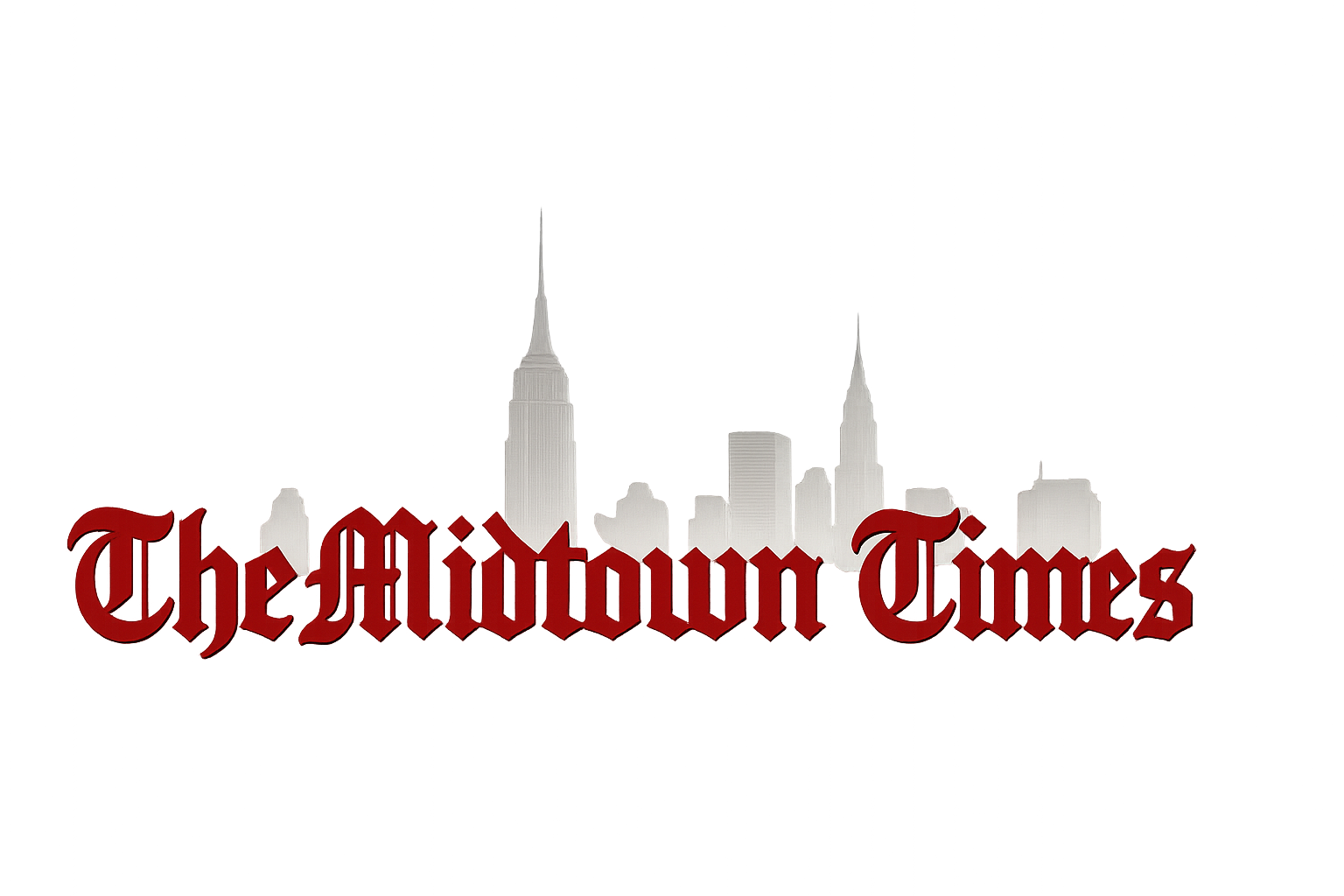Inside a New Era of U.S.-Salvadoran Authoritarian Cooperation On Monday morning, El Salvador’s President Nayib Bukele visited U.S. President Donald Trump at the White House. Though framed as a diplomatic exchange, the meeting signaled something more consequential—a deepening political alliance between two leaders who have exhibited increasingly authoritarian tendencies. This wasn’t just another handshake moment. …
Trump and Bukele’s Alliance: A Cross-Border Blueprint for Power

The Midtown Times
Inside a New Era of U.S.-Salvadoran Authoritarian Cooperation
On Monday morning, El Salvador’s President Nayib Bukele visited U.S. President Donald Trump at the White House. Though framed as a diplomatic exchange, the meeting signaled something more consequential—a deepening political alliance between two leaders who have exhibited increasingly authoritarian tendencies.
This wasn’t just another handshake moment. For Trump, the meeting offered a willing partner in his renewed effort to carry out aggressive deportation measures. For Bukele, the payoff is financial and political: U.S. support helps prop up his government’s vast prison infrastructure and gives him legitimacy on the global stage.
Human Rights Bargained Away
That cooperation came into sharp relief on March 16, when a U.S. deportation flight landed in El Salvador, carrying 238 individuals—Venezuelans and Salvadorans alike, some of whom had legal protections. Many were transferred to El Salvador’s controversial mega-prison, CECOT, infamous for overcrowded conditions and human rights violations.
The U.S. is reportedly paying El Salvador $6 million annually to house roughly 300 deportees. Among those swept up were Kilmar Abrego García, a Maryland resident and Salvadoran national with no criminal record. Despite a favorable court ruling in the U.S. shielding him from deportation, García was mistakenly sent back and locked up in CECOT. While the Supreme Court later ruled that his return should be “facilitated,” Salvadoran officials invoked sovereignty to stall any correction.
Rather than acknowledge the error, Trump and senior aide Stephen Miller used García’s case to falsely brand him an MS-13 gang member—weaponizing misinformation to reinforce their mass deportation narrative.
Two Leaders, One Model of Power
Bukele and Trump are more than allies; they’re political reflections of each other. Bukele, once dubbed the “world’s coolest dictator,” has reshaped El Salvador by bypassing democratic norms: gutting courts, militarizing governance, jailing tens of thousands, and securing an unconstitutional re-election.
Trump’s playbook mirrors that trajectory. After a bitterly contested return to office in 2024, Trump pledged to purge federal agencies, eliminate labor protections, and push the boundaries of constitutional limits—openly musing about extending his time in power. Both men have exploited their presidencies to enrich themselves and their allies: Trump through patronage and crypto ventures, Bukele through real estate deals and clampdowns on independent media like El Faro.
A Shared History, A Shared Future?
The current U.S.-El Salvador relationship is built on decades of geopolitical interdependence—from Cold War-era support for El Salvador’s military government to the dollarization of its economy. Now, it finds new expression in the ideological kinship between Trump’s MAGA nationalism and Bukele’s populist authoritarianism.
While Bukele remains broadly popular—bolstered by his tough stance on crime—Trump governs with far shakier public support. Yet, both leaders rely on fear and control to maintain their grip, using states of emergency (real or rhetorical) to justify sweeping powers.
The Quiet Collapse of Democratic Norms
We’re witnessing not the sudden collapse of democratic values but their gradual dismantling under the pretense of security, order, and nationalism. Trump and Bukele may have different political contexts, but their methods—marginalizing dissent, scapegoating immigrants, and suppressing independent institutions—are frighteningly similar.
El Salvador is already three years into a state of emergency. In the U.S., recent policies hint at a similar trajectory: restrictions on universities, increased surveillance of immigrants, and attacks on the press.
This is not just about two presidents—it’s about a broader global trend of creeping authoritarianism. When fear becomes policy and executive power goes unchecked, democracy rotates from the inside.
Editorial Perspective: A Cautionary Tale
The Midtown Times Editorial Board urges readers not to dismiss these developments as regional anomalies or isolated abuses. The Trump- Bukele relationship exemplifies how cross-border political partnerships can normalize authoritarian governance.
The erosion of democratic norms often begins quietly—with language, policy tweaks, and unchallenged overreach. But history shows us where it leads. We must stay vigilant because what’s playing out between Washington and San Salvador could soon be replicated elsewhere.

The Midtown Times is committed to delivering accurate, timely, and comprehensive news to our readers.









